How to File an Extension for Business Taxes?
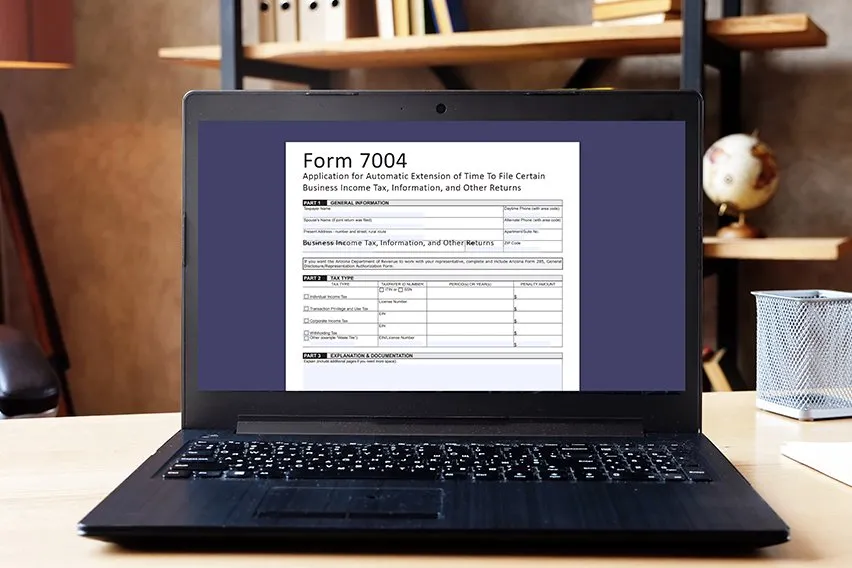
Filing taxes for your business can be overwhelming and you might need a bit more time. Luckily, the IRS allows for both individual and business tax extension. This will give your business more time to file their tax returns. Keep in mind that the due dates for business tax extensions are often different than those for personal tax extensions.
Depending on the type of business you run, the IRS will allow for five- or six-month extension period, starting from the original due date on the tax return. So, if a business obtains a six-month extension and its original filing deadline was March 15, the new due date will be September 15.
If your business needs more time to properly prepare their taxes, they can request an extension with IRS Form 7004 (Application for Automatic Extension of Time to File Certain Business Income Tax, Information, and Other Returns). You don’t need to even sign FORM 7004 or provide a reason to why you need time, as business extensions are automatic.
Most companies should use Form 7004 to apply for an extension. An exception is for sole proprietors. A sole proprietor doesn’t file a business tax return — all information is reported on their personal tax return. If an extension is needed, a personal tax extension can be requested with IRS Form 4868.
Form 7004 can be used to extend the filing deadline for the following business returns:
Form 706-GS(D), Form 706-GS(T), Form 1041, Form 1041-N, Form 1041-QFT, Form 1042, Form 1065, Form 1065-B, Form 1066, Form 1120, Form 1120-C, Form 1120-F, Form 1120-FSC, Form 1120-H, Form 1120-L, Form 1120-ND, Form 1120-ND (section 4951 taxes), Form 1120-PC, Form 1120-POL, Form 1120-REIT, Form 1120-RIC, Form 1120S, Form 1120-SF, Form 3520-A, Form 8612, Form 8613, Form 8725, Form 8804, Form 8831, Form 8876, Form 8924, and Form 8928.
A full listing of the business returns that can use Form 7004 to file an extension can be found on the form itself.

Here are some tips for filing your business tax extension correctly:
- Be accurate. While business extensions are considered automatic, if you make mistake on your Form 7004 your tax extension will be denied.
- Pay taxes due. Tax extensions do not give you more time to pay your taxes – it only gives you more time to file your tax return. If you owe taxes for the year, you are still expected to pay by the original due dates — often those due dates are either March 15 or April 15 (depending on your type of business). You will be charged IRS penalties and interest charges if you pay your taxes after the original due date. So, you should pay your taxes with your extension to avoid late fees.
- File on time. The due date to submit your Form 7004 for your extension application is on or before the due date of your tax return. This deadline will vary depending on the type of business you run.
When filing for a tax extension, make sure you are using an authorized IRS e-file provider so your sensitive and personal information is kept secure. Use a third-party software provider, like TaxExtension.com, that has been officially approved to e-file tax forms to the IRS. You can also file Form 7004 by mail. The address for where to mail your form is included in the instructions.
This article will also discuss:
Can I File an Extension for My LLC?
Can I File a Second Extension on My Business Taxes?
Can You File a Business Tax Extension Online?
NOTE: FreshBooks Support team members are not certified income tax or accounting professionals and cannot provide advice in these areas, outside of supporting questions about FreshBooks. If you need income tax advice please contact an accountant in your area.
Can I File an Extension for My LLC?
Yes, you can file an LLC extension by using FORM 7004 – the Application for Automatic Extension of Time to File Certain Business Income Tax Information, and Other Returns.
When you request a partnership extension, you LLC will get an automatic five-month extension to file Form 1065. For a partnership, Form 1065 is submitted instead of Form 1120S. For single-member LLCs, use Form 4868 filed by individuals who need to request an extension.

Can I File a Second Extension on My Business Taxes?
As your extension tax deadline approaches, you might be wondering if you can file a second extension. The simple answer is no.
There is a lot of confusion regarding second tax extensions because the IRS used to offer what the called a “second extension”. This extension would grate businesses an additional two months to file their taxes. However, the original IRS tax deadline extension is only granted a four-month extension.
Now, the IRS offers only a one-time tax extension for six months. This means there is no longer a second tax extension. Now rather than two shorter extensions, the IRS offers corporate businesses one six-month extension.
Can You File a Business Tax Extension Online?
Filing for an extension can be completed simply filing a form online. The type of form you use depends on the type of business you run.
You can use your personal computer or have your tax preparer do this for you. You can also use IRS Free File which allows you to file an extension and request payment options online.
All major tax software applications should be to allow you to file an extension using either Form 4868 and Form 7004. When you log on to prepare your return, there will a tap or option for filing an extension. The only fee you might have to pay to prepare the return itself. For Form 4868, you can use the home or personal version of the product and for Form 7004 use the business version of the software to file the extension.
RELATED ARTICLES
 Can a Small Business Get a Tax Refund? Insights and Ways
Can a Small Business Get a Tax Refund? Insights and Ways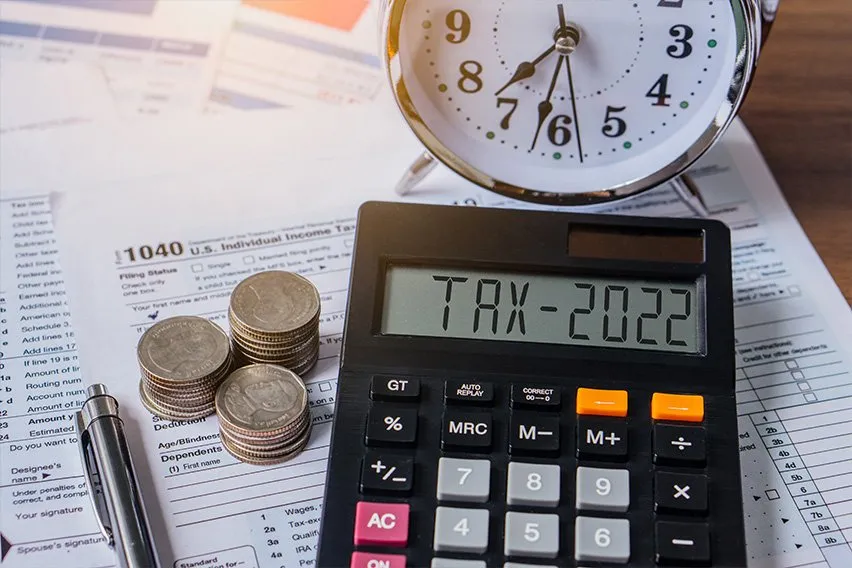 When are Business Taxes Due in 2024?
When are Business Taxes Due in 2024?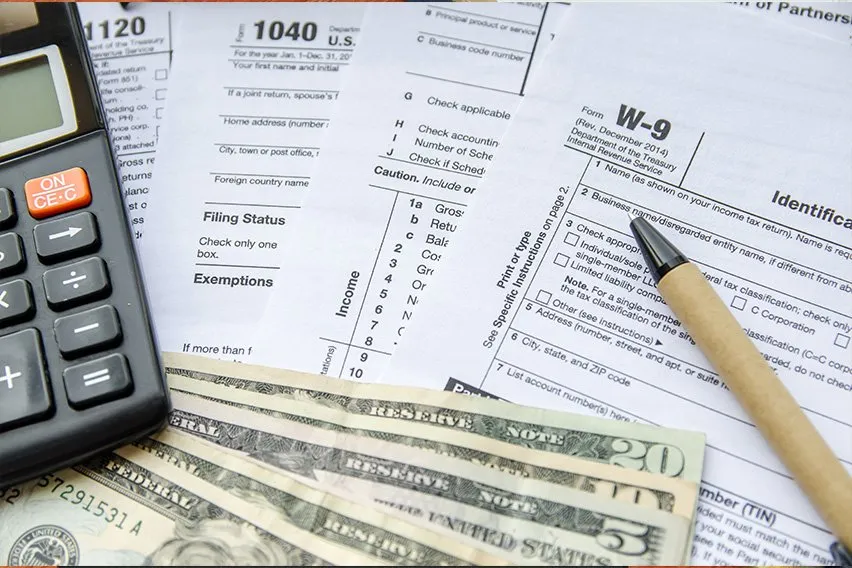 Small Business Income Taxes
Small Business Income Taxes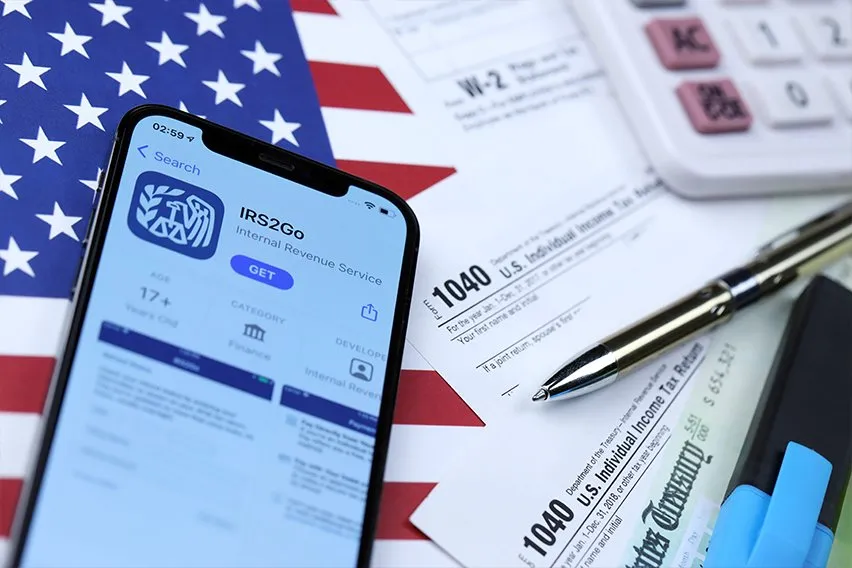 How Far Back Can the IRS Go for Unfiled Taxes?
How Far Back Can the IRS Go for Unfiled Taxes?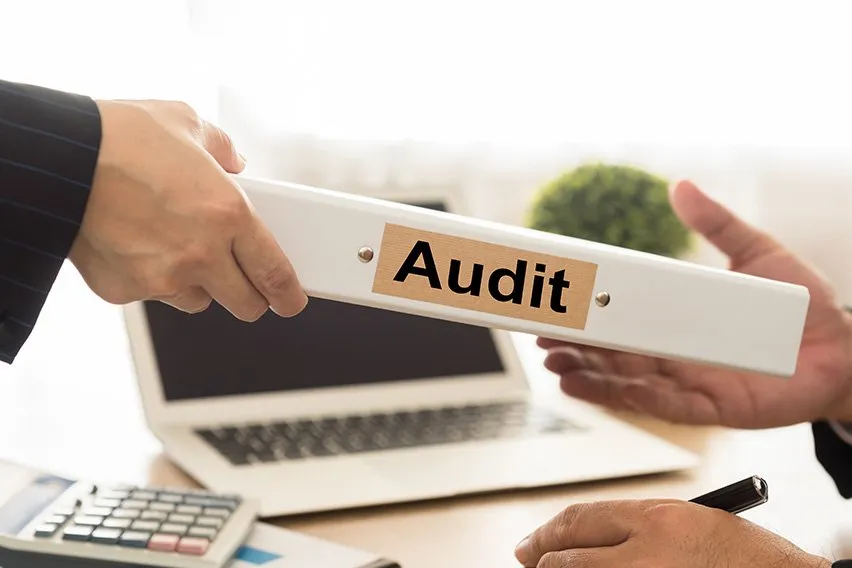 How Many Years Can You Be Audited?
How Many Years Can You Be Audited?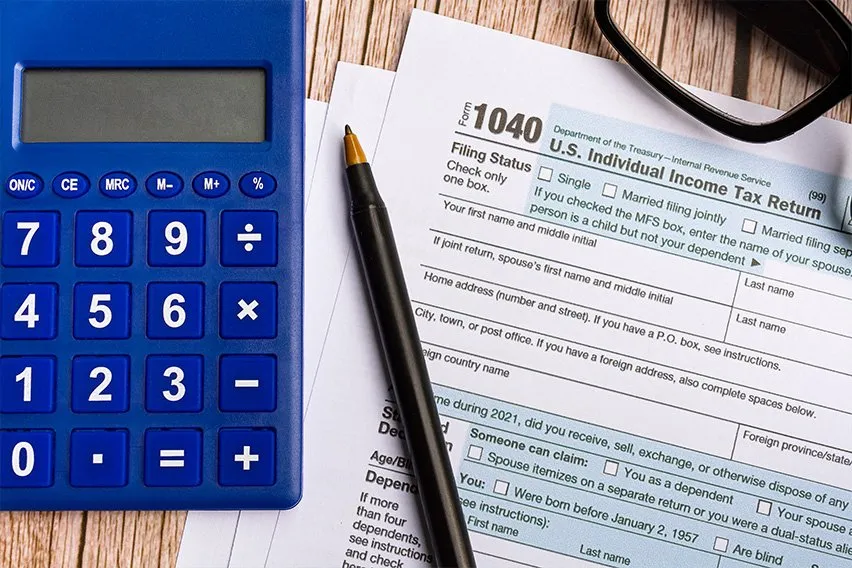 6 Freelance Tax Deductions & Benefits for the Self-Employed
6 Freelance Tax Deductions & Benefits for the Self-Employed